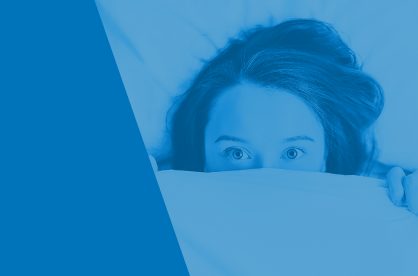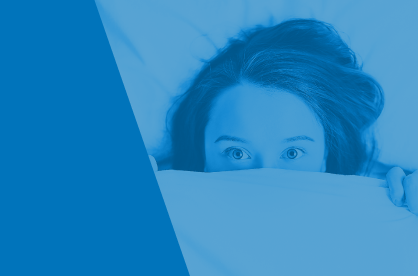Learning & education: Insomnia

Have you ever felt exhaustion dragging at your eyelids, only to find yourself wide awake staring at the ceiling as you lie in bed, not feeling sleepy at all despite being tired all day?
It's a frustrating paradox — you're feeling tired but can't sleep. This experience, known as paradoxical insomnia, affects millions of people worldwide alongside those with sleep disorders.

This article delves into six commonly prescribed medications known to affect sleep quality, examining their mechanisms and impact on different sleep stages.

Melatonin is widely regarded as an important hormone that helps regulate and synchronize sleep rhythm, including sleep-wake timing [1] and seasonal rhythmicity aspects across vertebrates. It also has lesser-known roles as an antioxidant [2]. We have touched briefly on melatonin in a previous article about sleep hormones and their effect on the GABA system here.

Sleep is an extremely important component of physical and emotional health and well-being. The lack of or disruption of sleep, a phenomenon called insomnia, is prevalent across nations [1]. Insomnia is one of eight sleep challenges we have previously discussed. The general consensus from population-based studies is that 30% of adults experience one or more of the symptoms of insomnia, which include difficulty getting to sleep or staying asleep, waking too early, and poor sleep quality [2].

During sleep, many of the systems of the body (i.e., nervous, endocrine, skeletal, muscular, and immune) are in a state of anabolism ("building up"), which promotes restoration and healing. With that said, the most pronounced physiological changes during sleep occur in the brain, which further underlines the role of sleep in cognition, mood, and memory [4].

